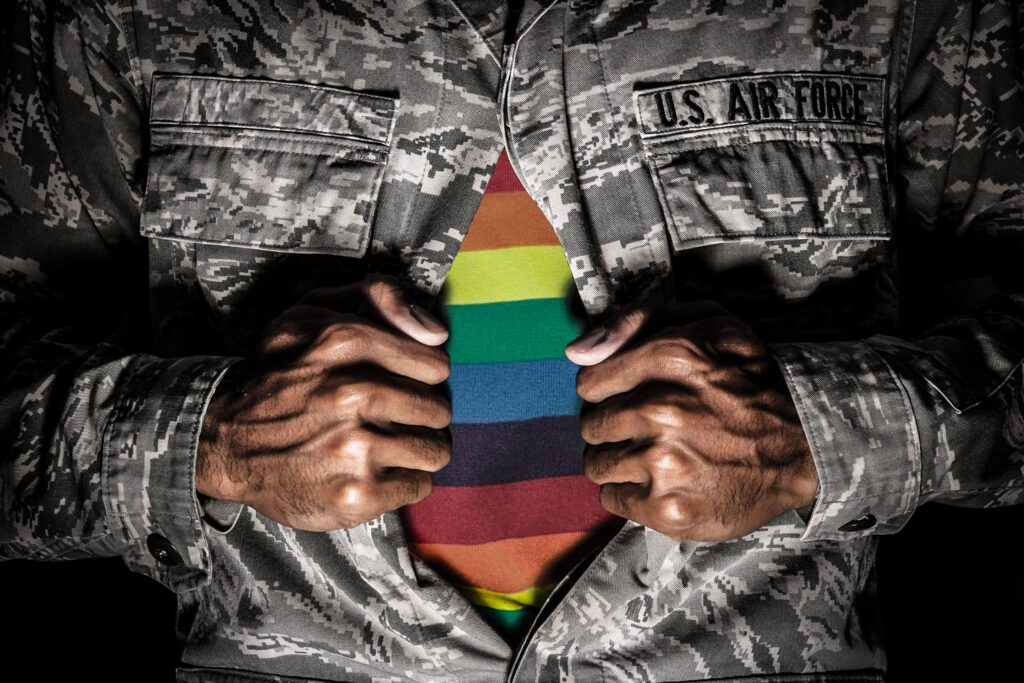
The extent to which federal law protects LGBT individuals from discrimination in the workplace is currently in flux. Title VII of the Civil Rights Act of 1964 (“Title VII”) is a federal law that prohibits discrimination against employees on the basis of race, color, religion, sex and national origin. However, whether Title VII extends protection to employees on the basis of sexual orientation remains an open issue. The Second Circuit Court Appeals, the highest federal court in Connecticut, New York and Vermont, has recently taken up this important issue in Zarda v. Altitude Express, Inc., No. 15-3775. As discussed in a recent blog post by Partner David E. Gottlieb, in April 2017, the Seventh Circuit Court of Appeals became the first federal appellate court to recognize sexual orientation as protected under Title VII. In Zarda, the Second Circuit could become the second federal appellate court to do so.
In June 2017, upon the Second Circuit’s invitation, the Equal Employment Opportunity Commission (“EEOC”) submitted a brief in favor of extending Title VII’s coverage to include sexual orientation discrimination and gender identity discrimination. In the brief, the EEOC focused on legislative trends prohibiting workplace discrimination against LGBT people within the past 17 years—the amount of time that has passed since the Second Circuit last visited this issue. In fact, during that time, several courts—and the EEOC itself—have determined that sexual orientation discrimination and/or gender identity discrimination are inextricably linked to person’s gender because they either involve discrimination based on nonconformity to traditional gender stereotypes, or discrimination based upon the gender a person associates with, which is linked to gender stereotypes.
Conversely, the Department of Justice (“DOJ”) submitted its own brief earlier this month (which the Second Circuit did not solicit) asserting the opposite position: the court should not extend Title VII protection to sexual orientation discrimination. Instead, the DOJ argues that any such change in the law should come only by way of an amendment to Title VII from Congress. Notably, the DOJ’s brief was filed on July 26, 2017, the very same day that President Trump tweeted his intention to ban transgender soldiers from the U.S. military: “After consultation with my Generals and military experts, please be advised that the United States Government will not accept or allow Transgender individuals to serve in any capacity in the U.S. Military. Our military must be focused on decisive and overwhelming victory and cannot be burdened with the tremendous medical costs and disruption that transgender in the military would entail.” The submission of conflicting arguments in connection with the Zarda appeal by different branches of the federal government underscores the importance of the Second Circuit’s eventual decision. It also suggests that the Supreme Court will be forced to weigh in on this issue sooner rather than later. It is important to note that neither the DOJ’s brief nor President Trump’s twitter declaration constitutes a change in policy. They do, however, have the ability to influence future court decisions when dealing with sexual orientation discrimination and/or gender identity discrimination.
While the scope of Title VII’s protection of LGBT individuals under federal law remains an unsettled issue, numerous states, cities and territories have already enacted statutes that prohibit private sector workplace discrimination on the basis of sexual orientation and/or gender identity. Jurisdictions with their own laws prohibiting discrimination based on LGBT status include: (i) California; (ii) Colorado; (iii) Connecticut; (iv) Delaware; (v) Hawaii; (vi) Illinois; (vii) Iowa; (viii) Maine; (ix) Maryland; (x) Massachusetts; (xi) Minnesota; (xii) Nevada; (xiii) New Jersey; (xiv) New Mexico; (xv) New York (and New York City, which has its own highly protective law); (xvi) Oregon; (xvii) Rhode Island; (xviii) Utah; (xix) Vermont; (xx) Washington; (xxi)the District of Columbia; (xxii) Guam; and (xxiii) Puerto Rico.
If you think you have been subjected to discrimination at work based on your sexual orientation, gender identity, or any other basis, our attorneys and staff at Wigdor LLP would be happy to discuss your rights with you and answer any questions you may have.
| Alex J. Hartzband Associate |
| WIGDOR LLP 85 Fifth Avenue, New York, NY 10003 T: (212) 257-6800 | F: (212) 257-6845 |
| ahartzband@wigdorlaw.com wigdorlaw.com |